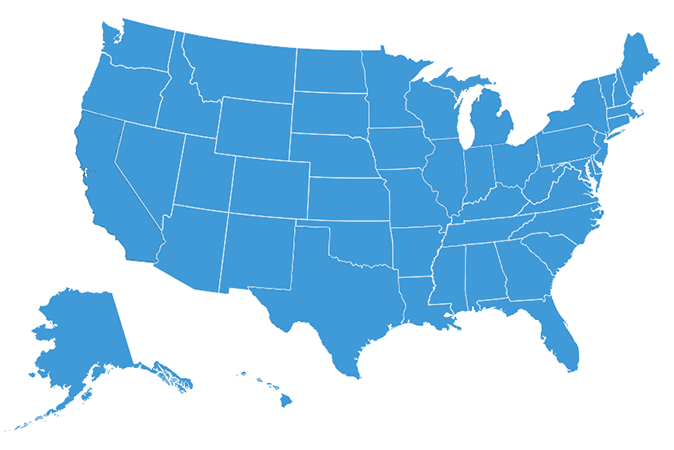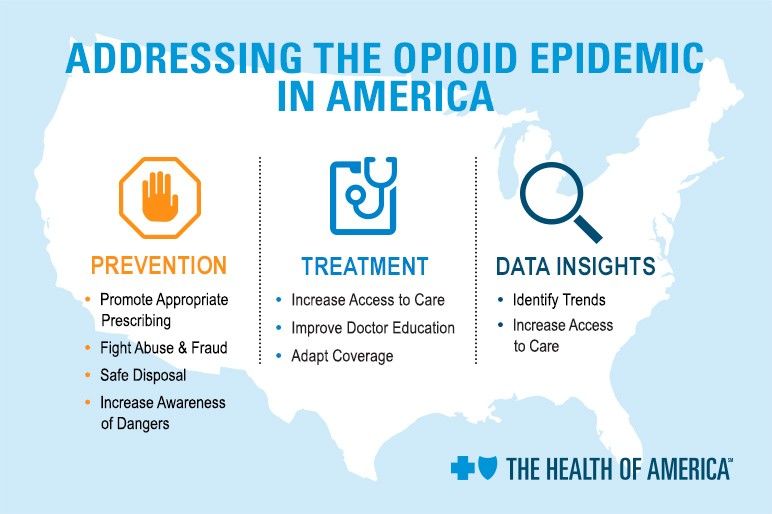Blue Cross Blue Shield Approved Alcohol Rehab Centers

SUPPORTING YOUR JOURNEY TO RECOVERY
The Substance Use Resource Center is apublicly-available, national resource designed to support people seeking substance use treatment and recovery services.This resource is open to everyone, regardless of their insurance status. The Substance Use Resource Center connects individuals as well as friends and family of individuals in need with appropriate resources close to home from a source they can trust.
FIND TREATMENT AND SUPPORT
NATIONAL RESOURCES
The following is a list of additional national resources that are available for individuals and/or family and friends of individuals seeking help with substance use and related disorders:
-
Substance Abuse and Mental Health Services Administration (SAMSHA) Treatment Locator SAMHSA provides treatment referral and information service for individuals and families facing mental health problems and/or substance use disorders.
-
Narcotics Anonymous Narcotics Anonymous helps those trying to overcome any type of drug or alcohol dependence using their twelve-step program.
-
Nar-Anon Nar-Anon provides support and resources (meetings) for friends and family of people living with substance use disorder/addiction.
-
Alcoholics Anonymous Alcoholics Anonymous provides support through their twelve-step program to help individuals overcome a drinking problem.
-
Al-Anon Al-Anon provides information and resources (meetings) for friends and family of an alcoholic to help them recover from the effects of their drinking problem.
-
Smoking Cessation Smokefree.gov from the National Cancer Institute helps you or someone you care about quit smoking.
-
Suicide Prevention Suicide Prevention Lifeline is a 24/7 service that provides free and confidential emotional support to people in suicidal crisis or emotional distress.
STATE/LOCAL RESOURCES
The Substance Use Resource Center is available to support all individuals with substance use disorder needs, however, there may also be additional support services offered at the state level. Use our interactive map below to find other local substance use disorder resources available in your state.

BLUE CROSS BLUE SHIELD RESOURCES
The tools below are designed to help you find quality-based resources made available by Blue Cross and Blue Shield companies. If you have any questions or prefer one-on-one assistance locating the right treatment resource, please call the number on the back of your Blue Cross Blue Shield member ID card.
Blue Distinction® Centers for Substance Use Treatment and Recovery
Blue Cross and Blue Shield (BCBS) companies have developed a national designation program, Blue Distinction Center for Substance Use Treatment and Recovery, which recognizes nationally accredited treatment facilities that are improving outcomes with evidence-based, patient-focused care.
Find a Blue Distinction treatment facility using our Provider Directory.
BLUE CROSS BLUE SHIELD PROVIDER FINDER
Our directory allows you to search by provider last name or type of provider. To locate a provider within your plan's network, you will need to know the name of your plan. To confirm the specific name of your plan, please check your member ID card.
DOCTOR PROVIDER FINDER
Note – Members are encouraged to call the member services number on the back of their member ID card for assistance identifying a provider in their plan network.
LEARN ABOUT SUBSTANCE USE DISORDER
Awareness and education are crucial to understanding ways to prevent and effectively treat substance use disorders. The Substance Use Resource Center encourages visitors to take advantage of informational and educational resources such as those listed below.
What Is Substance Use Disorder?
SAMHSA has created a Family Brochure for family members of people living with substance use disorders. It answers questions about substance use disorders, their symptoms, different types of treatment, and recovery. The brochure also addresses concerns of children of parents living with substance use disorders.
Not sure if you have a problem with substance use? Review these 12 key questions to determine whether you or a loved one would benefit from seeking medical treatment.
What types of treatments are available?
Treatment options can vary depending on the severity of addiction and specific needs of the individual. It is recommended that you seek professional guidance on treatment from your doctor or a treatment provider. A clinical assessment is typically used to determine the recommended treatment option, but for general information, the following are some examples of potential options that may be considered.
-
Withdrawal Management (Also referred to as Detoxification) – Involves a process with three essential components, which include evaluation, stabilization and fostering readiness for and entry into a substance use treatment and recovery program.
-
Interim Care – Involves delivery of daily medication and emergency counseling from a facility in situations where an individual is unable to get directly admitted to a facility due to lack of availability/waitlist.
-
Outpatient Care – Involves treatment and counseling for individuals that attend appointments at a treatment facility, but continue to live at their own home.
-
Inpatient Care – Involves 24/7 treatment in a hospital or clinic where the individual is admitted and may stay for multiple days or multiple weeks.
-
Residential Care – Involves an individual living at a facility and receiving treatment that runs over a longer course of time such as a month or a full year.
-
Sober Living Home – Involves an individual living temporarily in a home/facility as a means of transitioning from intensive treatment to being ready to live independently.
-
Telemedicine – Involves treatment and counseling services delivered remotely (over phone or the internet) to an individual, especially when local treatment resources are not readily available.
-
Medication Assisted Treatment (MAT) – Involves the use of FDA-approved medications, in combination with counseling and behavioral therapies, to provide a "whole-patient" approach to the treatment of substance use disorders.Click here for more information about medications used to treat Opioid Use Disorder.

Questions to ask your doctor
- 1Is an opioid prescription right for me?
- 2How long should I take it?
- 3Could it interact with my other medication?
- 4What should I do with unused opioids?
- 5What if I still feel pain?
- 6What if I experience side effects?
Additional considerations
- Acetaminophen and ibuprofen and non-drug alternatives may be more effective for pain relief than opioids.
- It may be best to start with the lowest dose and smallest quantity of pain medication. Then follow up with your doctor on how well it's working for you.
- Medications that treat anxiety, sleeping issues or seizures could interact with opioids.
- A drug take-back program near you may be available.
- Call your doctor immediately if you experience excessive sleeping or crave more medication. These may be serious side effects.

What can I do to prevent opioid and substance use disorder?
- Don't share your medications or use someone else's.
- Ask your doctor about alternative pain treatment options. Refer to our conversation starter above or use this checklist provided by the Food and Drug Administration (FDA) for questions to bring with you and ask your provider before taking opioids.
- Stop taking opioids if you don't need them. Opioids can become addictive in as little as 5 days.
- Turn in your old medications. View this map to find a location with a drug disposal kiosk near you.
Advocacy and Insights from Blue Cross Blue Shield Efforts to Address Opioid Use
Blue Cross and Blue Shield companies are working with community groups, medical professionals, pharmacists and others to craft meaningful solutions as well as provide for those who need care, support and recovery. Click on the image below to learn more.


Source: https://www.bcbs.com/SURC
0 Response to "Blue Cross Blue Shield Approved Alcohol Rehab Centers"
Post a Comment